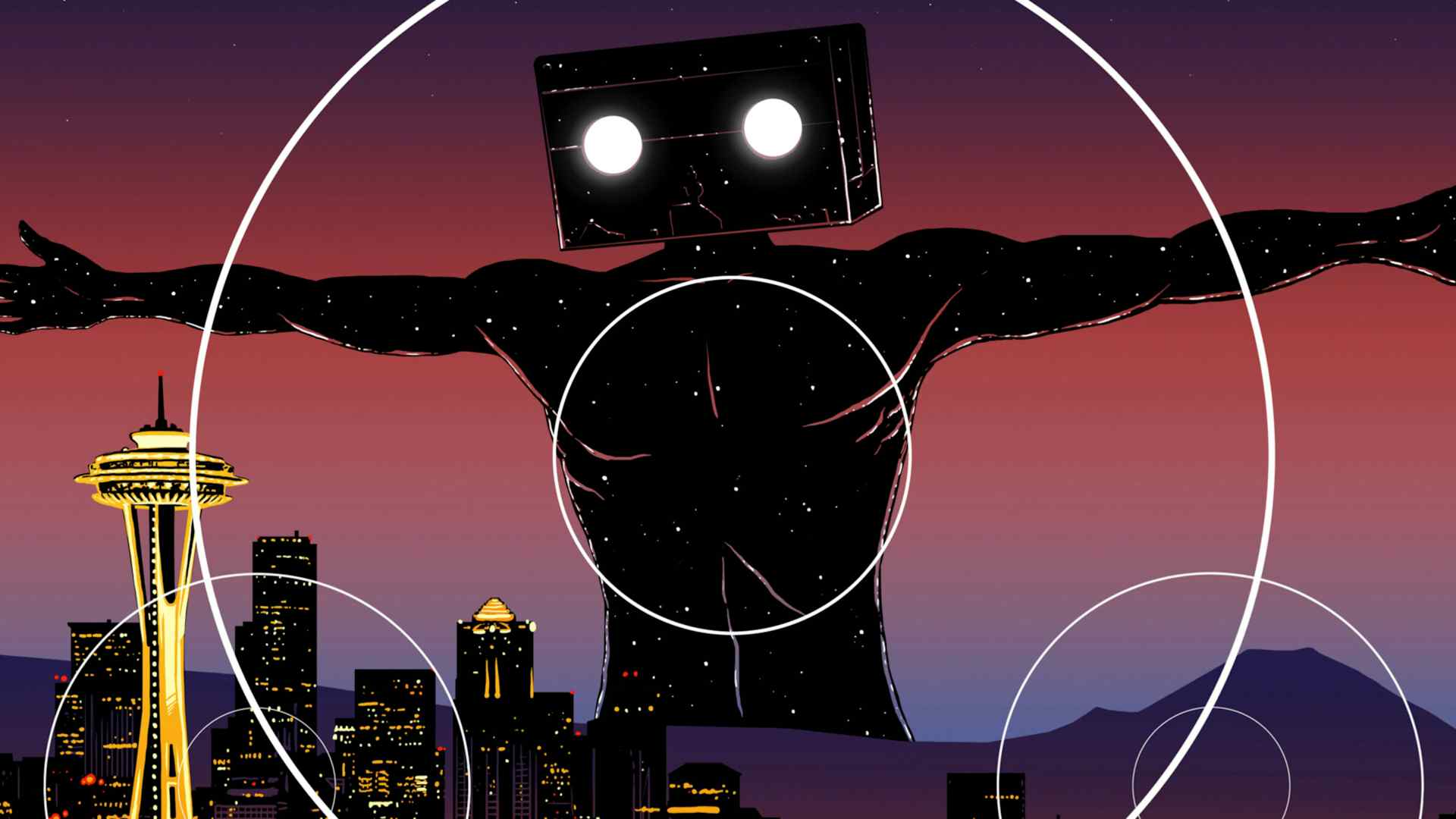Robert Horton is a Scarecrow board member and a longtime film critic. This series of "critic's notes" is chance to highlight worthy films playing locally and connect them to the riches of Scarecrow's collection.

In most instances, I decry the end-credits ploy of playing authentic footage of the people whose stories have just been told in a movie biopic; this all-too-common device is generally used to deliver an emotional gut-punch and make us appreciate how all the schmaltz we've just sat through really did happen. Feh.
However, the glimpse of the real Leonard Bernstein at the end of Maestro does provide one relevant thing. Seeing the real Bernstein's dramatic, exuberant, wildly expressive conducting style allows audiences who may never have seen him to understand that Bradley Cooper's acting is not an exaggeration. Cooper, who also directed and co-scripted (with Josh Singer), gives a very large, busy, theatrical performance, a kind of throwback to a different era. It turns out his controversial false nose is part of that bigness, and it looks fine, much more credible than it did in still photos.
Carey Mulligan, as Bernstein's actress wife, Felicia Montealegre, is similarly maximalist, her voice and gestures as studied and careful as you would expect of this complicated figure. If this kind of acting is a little out of fashion—except at the Oscars, obviously—it really works here. The Bernsteins are buzzy and social, jazzed on New York's theatre world, finishing each other's sentences in the film's fondness for overlapping dialogue. (There's a notable exception to that propulsive movement, in a post-coital conversation between the two that has so many long silences it makes you feel you've blundered into an intimate scene that doesn't hold to the usual movie tempo.)
Even when its storytelling choices seem to defy logic (West Side Story gets a couple of side mentions), Maestro operates in this ambitious mode. Cooper offers two opening sequences: one a framing device, with a gray-haired Bernstein giving a TV interview, and then a black-and-white sequence set on the 1943 day that the young conductor's fame was made, when he suddenly substituted for an ailing Bruno Walter in leading the New York Philharmonic at Carnegie Hall. Both scenes are shrewdly mounted. In the prologue, we see LB noodling at his piano, and only belatedly do we come to realize that the moment is staged for television, which is revealed when Cooper's camera curves around the room to show us the crew. The second stanza finds Bernstein being awakened in his apartment by the phone call telling him he's going on stage that day; he responds ecstatically, jumping on the bed and musically paddling the bottom of his lover David Oppenheim (Matt Bomer); the scene leads to a showy tracking shot that barrels into the theater itself, a touch that predicts the occasional surreal gestures in the film to come. As Bernstein leaps out of bed to let the sunlight into his room, we will notice that the big drape that hangs over the window resembles a theatrical curtain. The show is starting; a life on the stage begins.
What follows in Maestro is just as energetic, and enough of it is sufficiently lively and intriguing to make me feel genuinely amazed that this is from the director of A Star Is Born. The film fails at some of the basic tenets of the biopic, but then it is not really a biopic (thus the puzzling omissions, and the failure to identify important people). It is an emotional life story about two people, and the scenes that Cooper chooses to include are relevant to that core. It's not a subtle film, but it stuffs so much into the basket that there's always some action happening.
It also has a lot of surface pleasures, including the fact that Matthew Libatique's cinematography frequently evokes the luscious look of a 1950s Life magazine. The deeper pleasures come from the way Cooper and Mulligan go for it; there is no tentative mumbling here, but fully-blown performances created to illuminate two difficult, artistic personalities. When Bernstein conducts Mahler at the Ely Cathedral, Cooper the actor exults in the enthusiasm of Bernstein's conducting. We have so many actors who fiercely maintain their cool, but Cooper shows you the hunger and the joy. Bernstein was an artist, but also a performer, and Maestro doesn't let you forget it.
December 22, 2023


